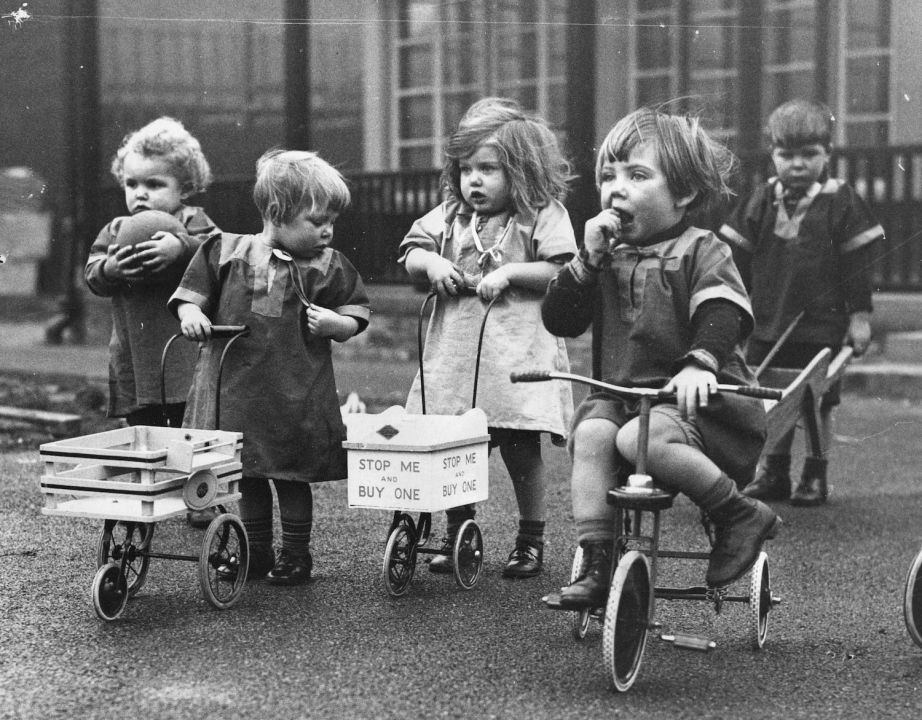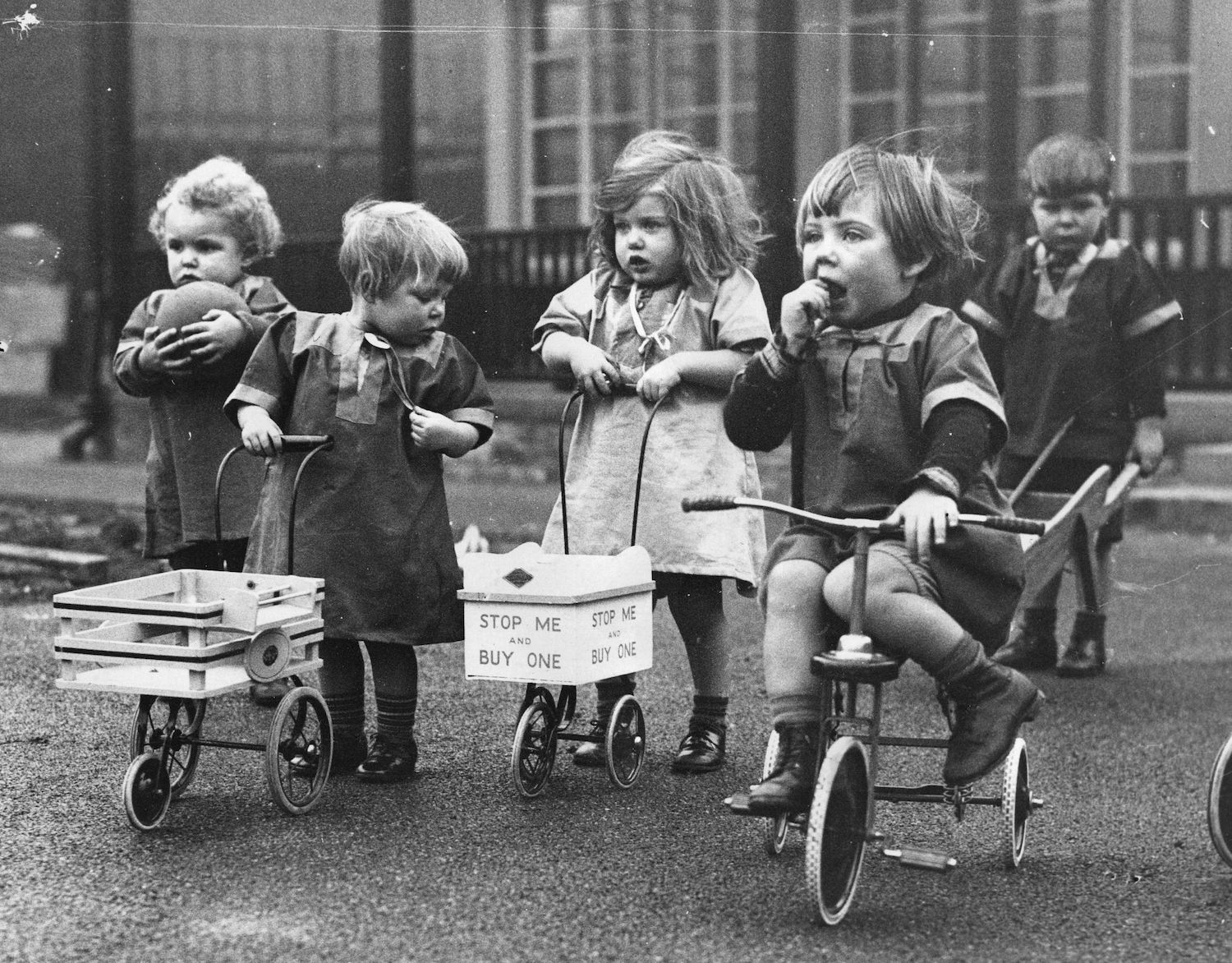Despite having a £30 billion fiscal hole to fill Rachel Reeves might be about to splash the cash. If reports are to be believed, in the coming weeks the lifting of the two-child benefit cap will be announced. The cost is £3bn every year.
The cap was introduced under George Osborne to stop families claiming the child element of UC for three or more children. A committee of ministers and officials are due to make a series of recommendations to tackle child poverty before the November Budget, and it’s now widely expected that this will include scrapping the cap.
But will lifting it do anything to improve child poverty? There is some evidence to suggest it won’t. The problem is the government and charities’ reliance on the ‘relative poverty’ metric, which gives an incomplete picture of poverty.
This metric tells us much more about income inequality than it does about people’s ability to meet their basic needs. Relative poverty is defined as household income below 60 per cent of the median. You might say that’s still something worth pointing out, but its effect is labelling more people poor whenever others get richer. To illustrate how flawed that metric is for measuring actual poverty, look to this example from the Times’s Tom Calver: the relative poverty metric would have us believe that child poverty is now three times worse than it was in the 1970s, when three million lived in actual slums.
The same reliance on this metric helps explain why the government couldn’t get their welfare cuts through in the summer either. The Department for Work and Pensions impact assessment said the cuts would plunge 250,000 people into relative poverty. What Labour MP would vote for that? A metric that measures income inequality is going to block any reform that isn’t full-scale income redistribution.
If we use a more reliable metric for child poverty, ‘absolute poverty’, which sets the poverty point at 60 per cent of incomes in 2010, we see that child poverty is down by around 75 per cent over the same time period. That metric doesn’t provide much evidence that two child cap has made anything that much worse.
Of course scrapping the cap would mean more money for larger families – something pro-natalists would be on board with – but it seems hard to justify when Britain’s fiscal problems are caused in large part because of how reliant on the state we have all become. Figures released by the Office for National Statistics this morning show that more than half of working-age households are taking more from the state in benefits than they pay in taxes.
We might be able to put up with that, to make benefits more dangerous, if we weren’t in a constant fiscal crisis, ‘in-hock to the bond markets’, constantly scrabbling around for revenue to fill the latest blackhole. But the two are linked. Generous benefits bread state dependency which hampers any chance of meaningful growth.
Yet, despite all that, you can see how the politics of this works. What’s an extra £3 billion when Reeves might have to find £30 billion anyway. She mounts an almighty tax raise and Labour MPs justify it by claiming they’re ending the impoverishment of children. It’s a message that almost works.
But it’s yet another cost that we cannot afford long term. We cannot continue indefinitely spending vastly more than we would ever hope of raising. A day of reckoning over that imbalance will eventually come. When it does, we might not be able to afford any child benefit at all.









Comments